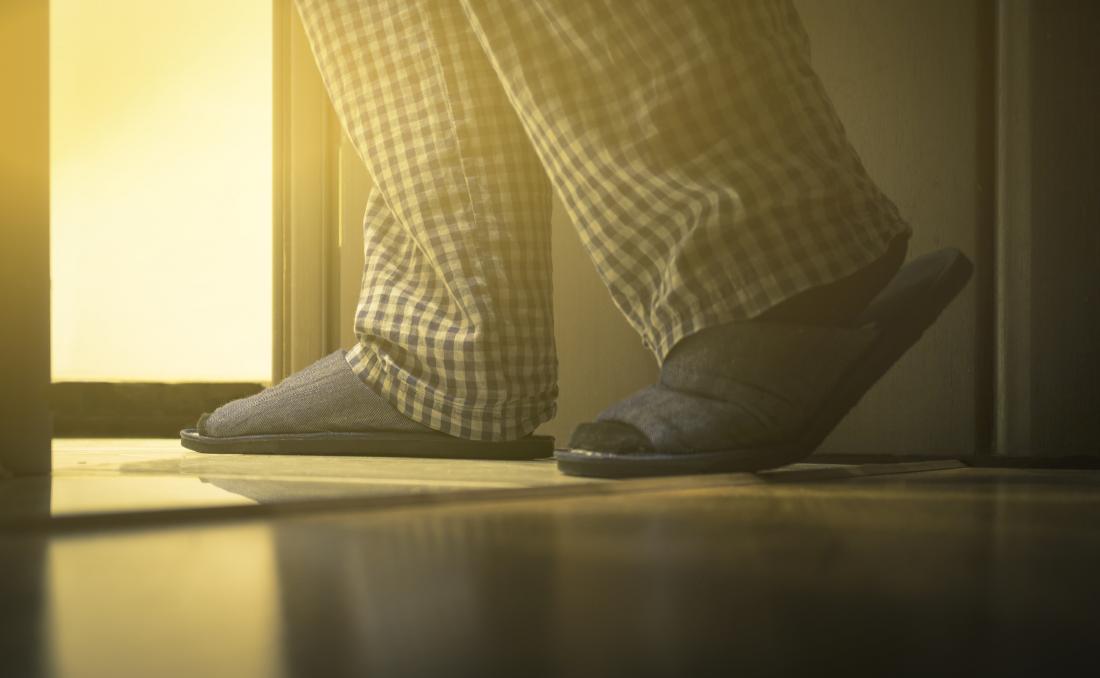Is Frequent Nighttime Urination More Than Just an Annoyance?
Getting up once or twice at night to use the bathroom might seem normal, but if those trips become frequent or disruptive, they could be signaling more serious health issues. While occasional nighttime urination is common,
persistent episodes—known medically as nocturia—can point to conditions ranging from diabetes and kidney troubles to heart disease and sleep disorders. Ignoring these signs might cost you more than just a good night’s rest.
What Is Nighttime Urination?

A good night’s sleep is essential for overall health, yet waking repeatedly to urinate can severely disrupt your rest. Nocturia is defined as waking more than twice per night to urinate and is especially prevalent among older adults.
It’s important to note that nocturia differs from bedwetting (enuresis), which involves involuntary urination during sleep. Nocturia primarily affects sleep quality and can also serve as an early warning for underlying medical concerns.
Common Causes of Nighttime Urination
Aging:
As we age, our bodies produce less antidiuretic hormone, which normally helps reduce urine production at night. Additionally, weakening bladder muscles may make it harder to hold urine until morning.
Lifestyle and Medical Factors:
Drinking excessive fluids in the evening—especially caffeine or alcohol—can increase nighttime urination. Chronic urinary tract or bladder infections and the use of diuretics can also contribute. Pregnant women often experience frequent urination due to pressure on the bladder and changes in pelvic muscles.
Underlying Health Conditions:
Nocturia can signal serious illnesses such as diabetes, congestive heart failure, kidney disease, or an enlarged prostate. Sleep disorders like insomnia, restless legs syndrome, and obstructive sleep apnea may also be factors.
Signs to Watch For
A healthy adult typically sleeps 6 to 8 hours without needing to urinate. Warning signs of nocturia include:

Waking multiple times during the night to urinate
Feeling urgent but producing only small amounts of urine
Frequent urination during the day
Beyond interrupting sleep, nocturia increases the risk of falls, especially in older individuals.
How Is Nocturia Diagnosed?
Doctors will usually start with a physical exam and a thorough discussion of your symptoms, focusing on:
How often you wake to urinate at night
How long the issue has persisted
Evening habits like fluid intake or medications
Diagnostic tests might include urinalysis, urine cultures, bladder scans to check urine retention, and blood tests to assess kidney function, blood sugar levels, and electrolyte balance.
Treatment Approaches
Lifestyle Changes:
Cut back on fluids before bedtime
Take brief daytime naps to reduce nighttime fatigue
Elevate your legs or wear compression stockings to improve circulation and reduce fluid buildup
Medications:
While there’s no cure for nocturia itself, some medicines can ease symptoms:
Anticholinergics: Help relax the bladder but may cause side effects like dry mouth or dizziness
Daytime diuretics: Encourage urination earlier in the day to lessen nighttime pressure
Synthetic antidiuretic hormone: Helps reduce urine production during the night
Final Thoughts
Although waking occasionally to urinate at night is normal, frequent or persistent nocturia should not be ignored. It can disrupt sleep and point to underlying health issues such as diabetes, kidney disease, heart problems, or sleep disorders.
Early diagnosis combined with lifestyle adjustments and medical treatment can help restore restful nights and improve overall well-being. Listening to your body’s signals is key to protecting your health and quality of life.
